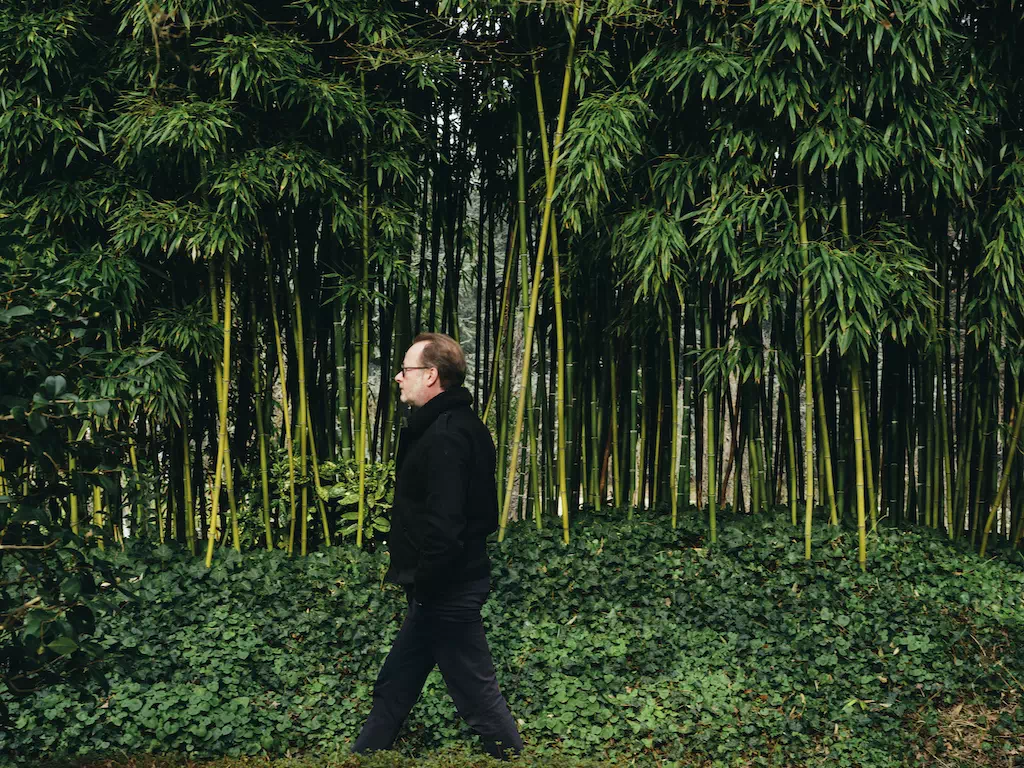
Nicolas Gondeau has a rich career of 25 years in communication. In 2016, he created the consulting firm The Observatory International, to support major international accounts in organizing their resources to boost their marketing execution capacity. A question then appeared to him as obvious: how can agencies contribute to the responsible communication of their clients? Far from greenwashing and beyond the observation of trends, Nicolas has developed innovative tools that really allow brands to take part in the necessary changes we all have to embrace for our eco-system.
What do you think is the emerging issue that will matter in the coming years?
According to the IPCC, humanity has 3 years to reduce its CO2 emissions!
Faced with the climate emergency and growing socio-ecological pressure from citizens (7 out of 10 French people believe that companies and brands have a role to play in social issues, according to a survey by YouGov for GreenFlex and ADEME – 2021), but also from investors (76% of investors use thematic investment strategies to emphasize sustainable development and CSR criteria, according to a Greenwich Associates survey for BNP Paribas Asset Management on the attitudes of institutional investors and distributors towards thematic investment – 2021), and from the French legislator, the commitment of companies is no longer an option, whether by conviction or obligation.
Moreover, companies have started to become responsible since 2010, when the “ISO 26000 social responsibility” standard was created, but the French are wary: today, 67% of the French do not know how to distinguish truly responsible companies (according to Open-source CSR barometer for Vendredi in 2021 + Harris Interactive survey for the Impact France movement in 2022)!
For these companies, communicating is no longer without risk, because for civil society, communicating means:
– Contributing to the evils of the consumer society (In 2021, the association Resistance to Advertising Aggression (R.A.P.) obtained the ban on advertising for fossil fuels),
– Green, pink, blue, social washing… (in 2021, the Jury of Advertising Ethics (JDP) pinned ADIDAS for its campaign “Stan Smith, Forever. 100% iconic, 50% recycled”),
– Pollute! (In 2018, online video viewing generated more than 300 MtCO2, or as much greenhouse gas as Spain, or nearly 1% of global emissions).
What are its challenges, and how can it have a positive impact?
The sobriety required by the socio-climatic crisis directly challenges the raison d’être of communication: to generate the desire to consume! Faced with this observation, brands have understood that communication must move from “guilty” to responsible.
And about you: can you tell us quickly who you are, and what you do?
My name is Nicolas Gondeau, 49 years old, fulfilled father of 3 beautiful girls. I’ve been working in communications for 25 years and in 2016 I created a consulting firm specializing in marketing management. In other words, I help large international clients organize their communication resources to boost their marketing execution capacity.
What are the current obstacles that need to be overcome for this promising subject to develop?
It is above all a question of knowledge, but above all the awareness that COMMUNICATING IS POLLUTING! For example, contrary to what people think, the digital industry now accounts for nearly 4% of global carbon emissions – more than civil air transport – and its impact is increasing by 8% per year. Thus, while climate change is leading us to aim for a decrease in global emissions in the coming years, digital emissions could double by 2025 to reach 8% of the total – which corresponds to the share of light vehicles today.
“For civil society, communicating means Green, pink, blue, social washing.”

How did you become aware of the subject?
In the context of my job, part of which consists of putting brands in contact with communication agencies, I became interested in this question by saying to myself: how can these communication agencies contribute to the responsible communication of their clients?
In this context, this year we created the IC2R, the first Brand Responsible Communication Contribution Index. This is a methodology that consists of evaluating communication agencies on objective criteria, allowing us to obtain a score. This score allows brands to select and manage their partners according to their real capacity to contribute to their responsible communication.
Who are the actors who will count, or who already count? Where can we learn more?
There are many! First of all, there is the legislative power with this famous Iso26000 standard which imposes a strict and very complete framework. Then there are all the other stakeholders: citizens, employees, consumers, investors, associations, consulting firms like ours and of course, the brands. We are witnessing a real collective movement that will profoundly change the communication industry as we know it today.
Photography: Nathalie Mohadjer




